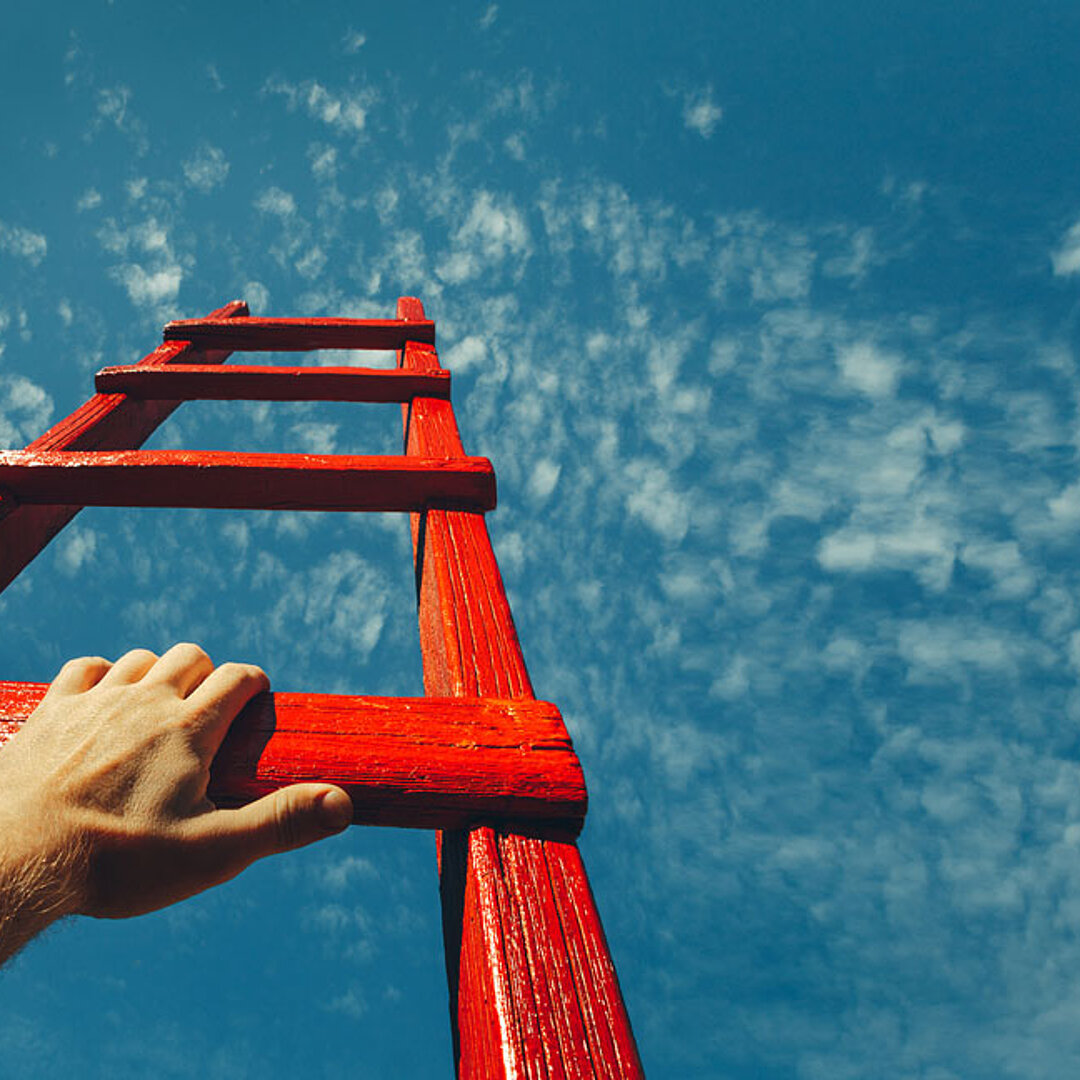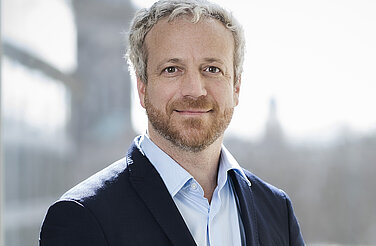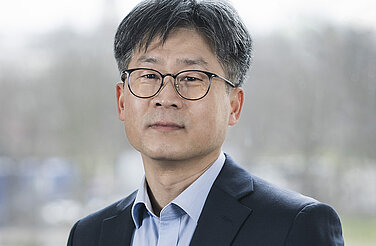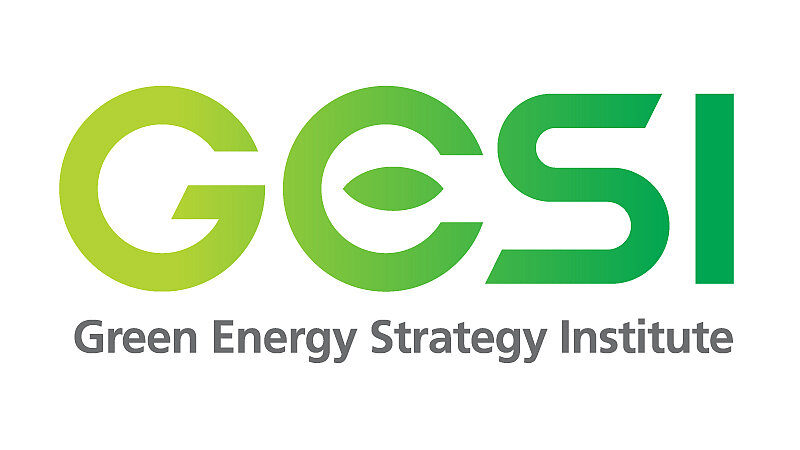This content is also available in: German
South Korea
As a highly industrialised and emitting country, South Korea's road to net zero is constrained by a unique set of challenges.
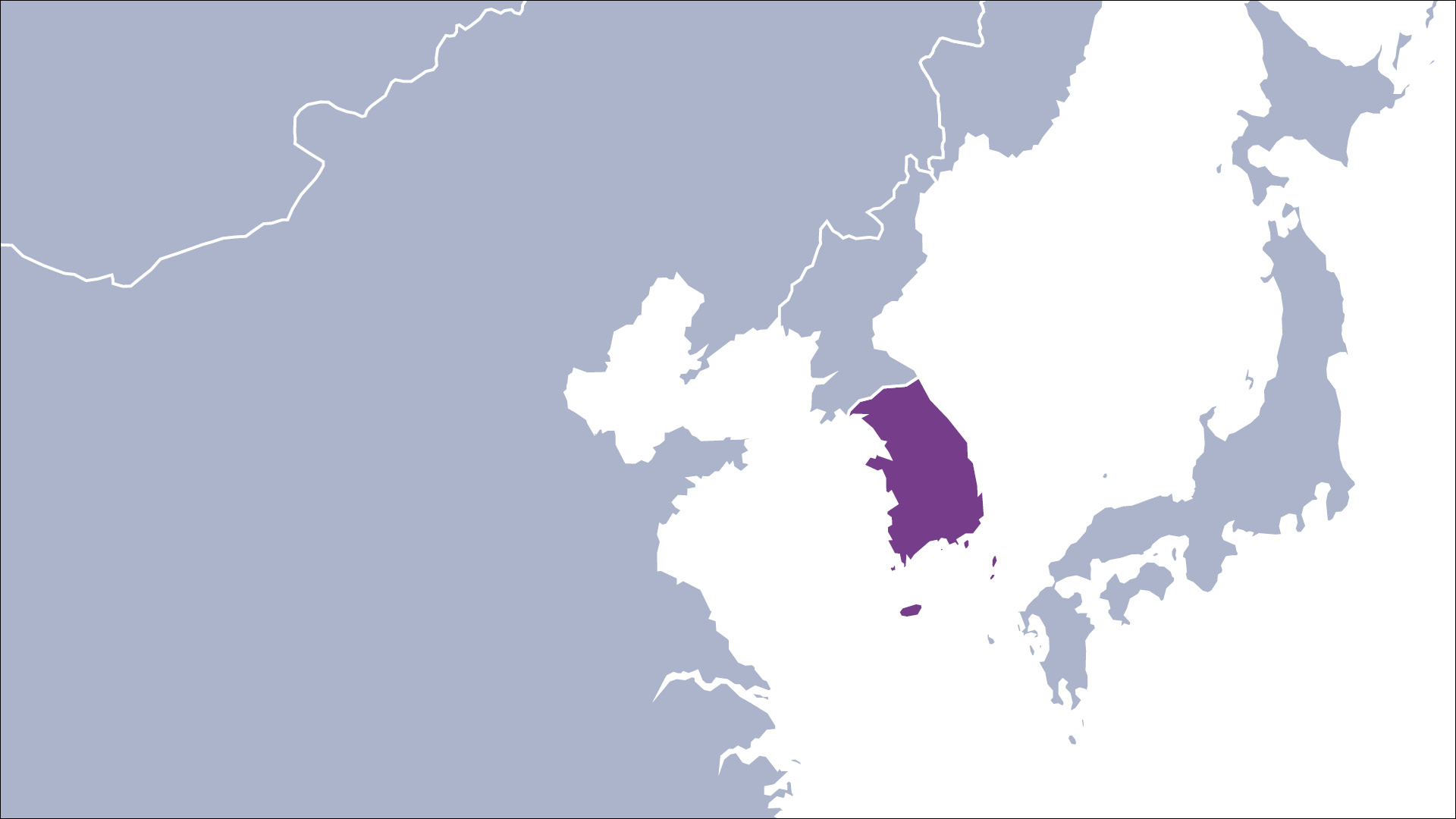
In the 1950s, South Korea was one of the poorest countries in the world. Today, it is the tenth-largest economy in the world and sixth in terms of exports, and the “Korean wave” (한류 or “hallyu”) has become a global phenomenon. Thus, it is unsurprising that South Korea is often hailed as an economic example to follow by countries in the region and beyond. The Achilles' heel of the country’s development, however, is its highly CO2-emitting economy (8th biggest CO2 emitter in the world), as it relies heavily on imported fossil fuels.
South Korea has committed to reaching net-zero emissions by 2050. This is a major challenge for the country given its strong industrial basis, in particular the steel, semiconductor, automotive and petrochemical sectors. However, the role of various low-carbon options to reach the net-zero goal is still wide open. Given Korea’s land constraints, high population density, and an isolated grid system, the development of renewables often poses more challenges than it does for other industrialised countries. In this context, extending the role of nuclear power remains in the policy debate, albeit facing opposition from local populations.
Against this backdrop, Agora Energiewende and its Korean partners develop policy options to accelerate the development of renewables in South Korea and alleviate some of the systemic integration challenges. Joint activities include proposals for instruments and technologies to accelerate the decarbonisation of the industry sectors (together with Agora Industry), and market design options to promote renewables and phase out coal. We further facilitate continuous exchange between different stakeholders in Germany and South Korea.


